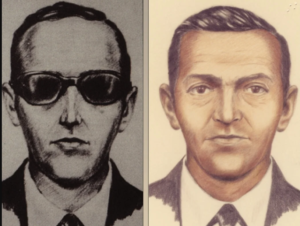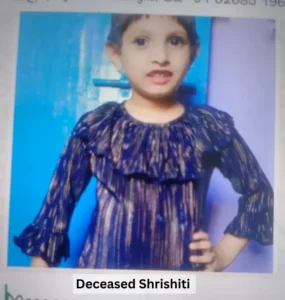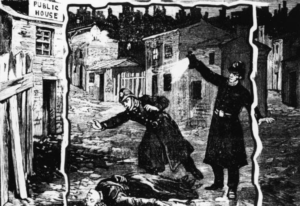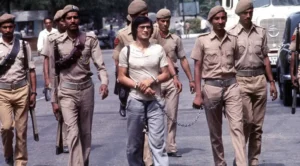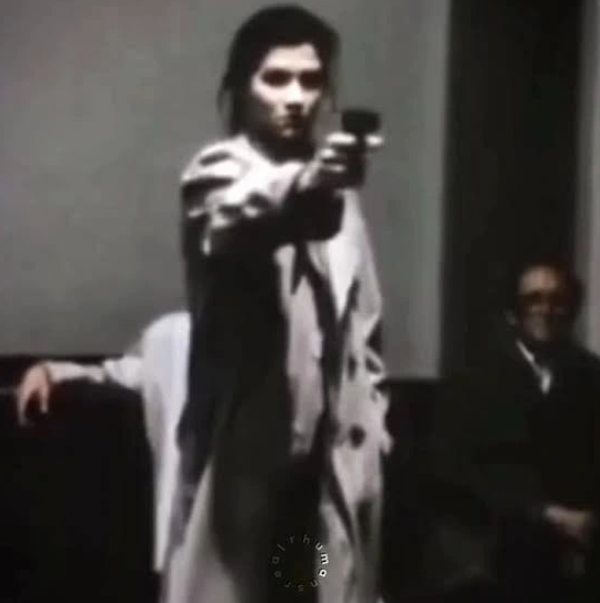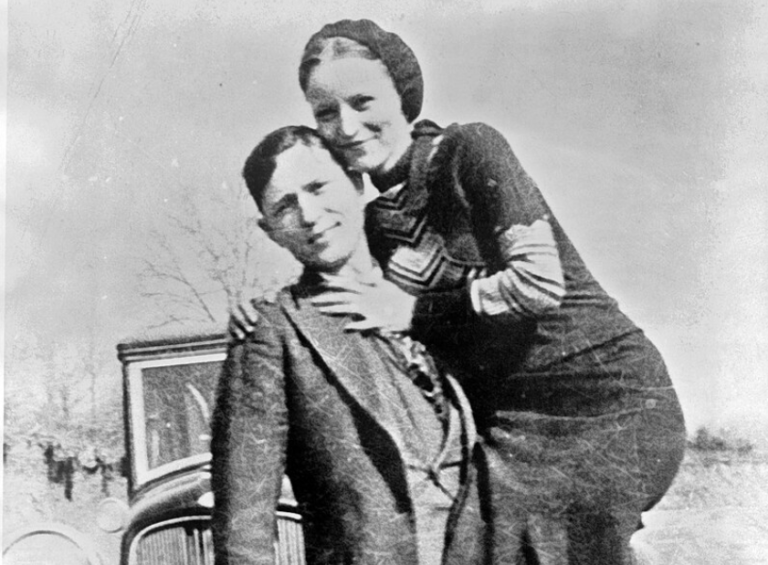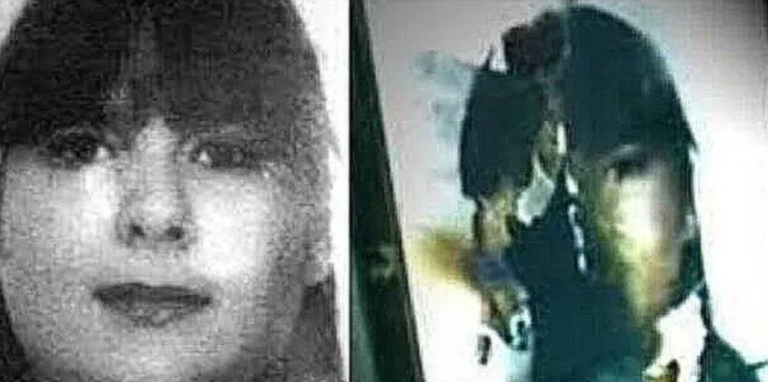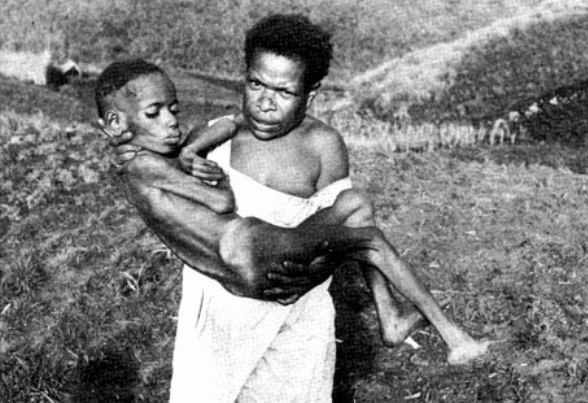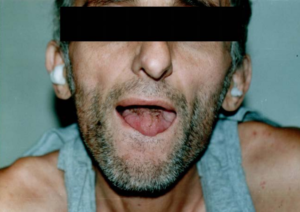A gripping tale of Marianne Bachmeier , her tragic loss, courtroom revenge, and the ethical questions surrounding justice.
“Don’t feel like reading? Immerse yourself in the chilling tale through our audiobook version—just hit play and let the story unfold!” 👇👇👇
When tragedy strikes, it leaves an indelible mark on the human psyche, especially when it involves the loss of a child. The case of Marianne Bachmeier is one such heart-wrenching story that shook the world. It is a tale of unimaginable grief, justice sought in despair, and the moral questions surrounding vigilantism. In this in-depth exploration of Marianne Bachmeier’s story, we will examine the events that led to this infamous case, its aftermath, and the societal impact it continues to have.
Introduction
Marianne Bachmeier’s life changed forever on May 5, 1980. “On this day, a known pedophile, Klaus Grabowski, abducted, held captive, and brutally murdered her seven-year-old daughter, Anna.”Grabowski. What followed was a series of events that tested the limits of human resilience, morality, and the justice system itself.
On March 6, 1981, during the trial of Klaus Grabowski, Marianne Bachmeier smuggled a small pistol into the courtroom and shot the accused dead. Her act of vigilante justice left the courtroom in chaos and sparked an international debate about morality and the limits of human endurance.
This blog will provide a comprehensive analysis of the case, from the tragic murder of Anna to Marianne’s controversial actions and the legal repercussions that followed.
The Life of Marianne Bachmeier
Marianne Bachmeier was born on June 3, 1950, in Lübeck, West Germany. Her childhood was marked by instability and conflict. Her parents’ tumultuous relationship created a challenging environment for Marianne, shaping her outlook on life and relationships. By the age of 16, Marianne had entered into her first marriage, which quickly turned sour.
Her early years of adulthood were fraught with difficulties. She became pregnant at a young age and was forced to make the heart-wrenching decision to give her first two children up for adoption. Despite these challenges, she found solace and joy when she gave birth to Anna in 1973. Anna became the center of Marianne’s world, providing her with a sense of purpose and hope.
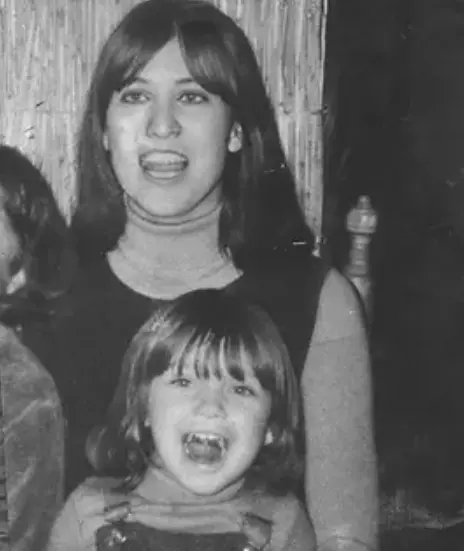
The Day Everything Changed
On the morning of May 5, 1980, Marianne and Anna had a minor argument, as many mothers and daughters do. Frustrated, Anna decided to leave the house to visit a friend. Marianne could not have imagined that this would be the last time she would see her daughter alive.
Anna’s path crossed with Klaus Grabowski, a neighbor who had a dark and disturbing past. Klaus was a 35-year-old pedophile with a history of abusing young girls. He had been convicted and served time for his crimes, during which he underwent chemical castration. However, in an ironic twist of fate, Klaus had later undergone hormone treatments to restore his masculinity. This decision would prove fatal for Anna.
Klaus lured Anna into his home, where he held her captive for several hours. During this time, he reportedly sexually assaulted her. Fearing the consequences of his actions and the potential for further imprisonment, Klaus strangled Anna to death using his fiancée’s tights. He then placed her lifeless body in a cardboard box and disposed of it near a riverbank.
The Arrest of Klaus Grabowski
Klaus’s fiancée, an accomplice to his crime, later confessed to her involvement and provided critical information to the police. This led to Klaus’s arrest on the same day Anna’s body was discovered. The news of Anna’s murder sent shockwaves through the community and devastated Marianne.
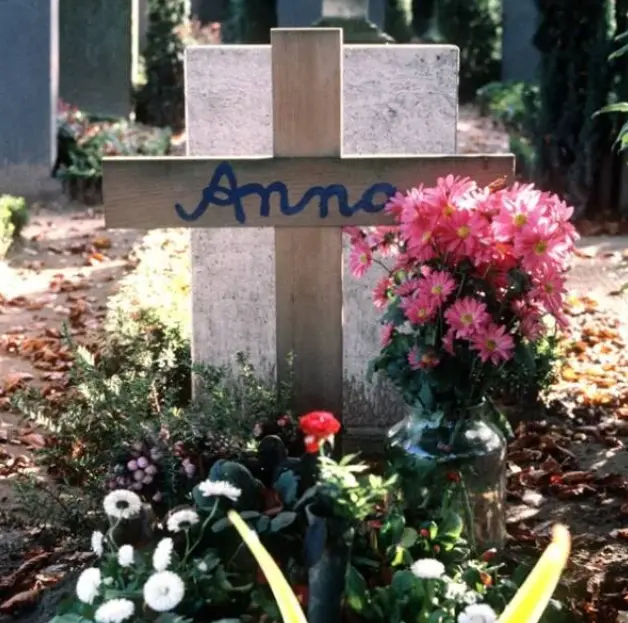
During the investigation, Klaus’s history of abuse and his twisted motives came to light. He reportedly feared being blackmailed by Anna or her family, a nonsensical justification for his heinous crime. The evidence against him was overwhelming, and the public eagerly awaited his trial.
The Trial of Klaus Grabowski
The trial began in early 1981, and it quickly became a media spectacle. Marianne Bachmeier attended the court sessions, enduring the painful recounting of her daughter’s final moments. The defense’s attempts to paint Klaus in a sympathetic light only added to her anguish. They argued that his actions were a result of psychological trauma and his troubled past.
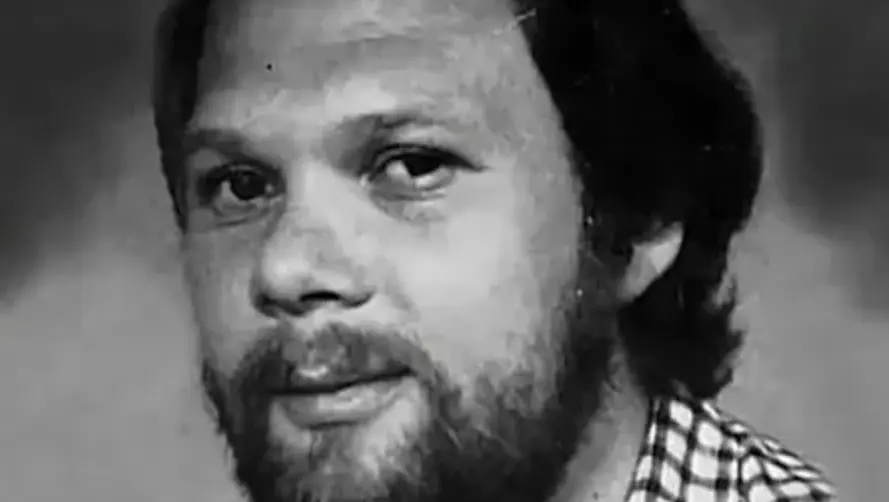
Marianne was deeply frustrated by the legal system’s handling of the case. She felt that the trial was being drawn out unnecessarily, prolonging her pain and tarnishing Anna’s memory. The defense’s tactics of victim-blaming further enraged her, pushing her to the brink of her emotional limits.
A Mother’s Breaking Point
On March 6, 1981, Marianne made a decision that would change her life forever. She smuggled a small pistol into the courtroom. As Klaus Grabowski was being led in, she pulled out the weapon and fired seven shots at him, six of which struck their target. Klaus died instantly.
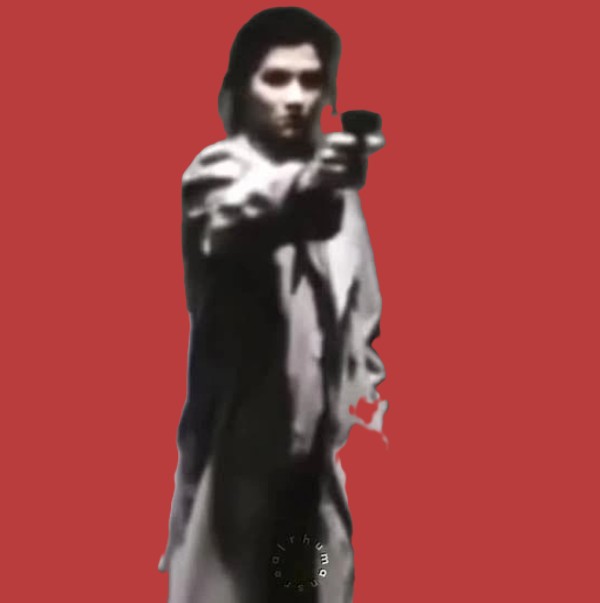
The courtroom descended into chaos as Marianne surrendered to the police. Her actions shocked the world and sparked an immediate debate about justice, morality, and the limits of human endurance. For Marianne, it was a desperate act born out of grief and frustration. She later stated that she wanted to spare herself and others from enduring the lengthy trial and to restore her daughter’s dignity.
The Aftermath of the Shooting
Marianne’s courtroom shooting made headlines worldwide. Public opinion was divided—many sympathized with her plight, viewing her as a grieving mother who had been pushed too far. Others criticized her for taking the law into her own hands, arguing that her actions undermined the rule of law.

The legal system faced a difficult challenge in addressing Marianne’s case. Prosecutors charged her with murder, but her defense argued that her actions were the result of extreme emotional distress. The trial delved into Marianne’s psychological state, exploring the trauma she had endured since Anna’s death.
The Verdict
In 1983, after a lengthy trial, Marianne Bachmeier was convicted of manslaughter and unlawful possession of a firearm. She was sentenced to six years in prison but served only three. The relatively light sentence reflected the court’s acknowledgment of the extenuating circumstances surrounding her actions.
Ethical and Legal Questions
The case of Marianne Bachmeier raises profound ethical and legal questions:
- Was Marianne Justified in Her Actions?
- Many people empathized with Marianne’s pain and supported her act of vigilante justice. However, others argued that her actions set a dangerous precedent, undermining the legal system.
- Could the Legal System Have Done More?
- Marianne’s frustration stemmed from the perceived inefficiency and insensitivity of the legal process. Her case highlighted the need for reforms to ensure that victims’ families are treated with compassion and respect.
- The Role of Mental Health
- Marianne’s mental state was a crucial factor in her case. Her actions were driven by overwhelming grief and rage, underscoring the importance of providing psychological support to those affected by violent crimes.
The Legacy of Marianne Bachmeier
Marianne’s story continues to resonate with people around the world. It serves as a poignant reminder of the emotional toll of crime and the complexities of justice. While her actions were extreme, they were born out of an unimaginable pain that many could empathize with.
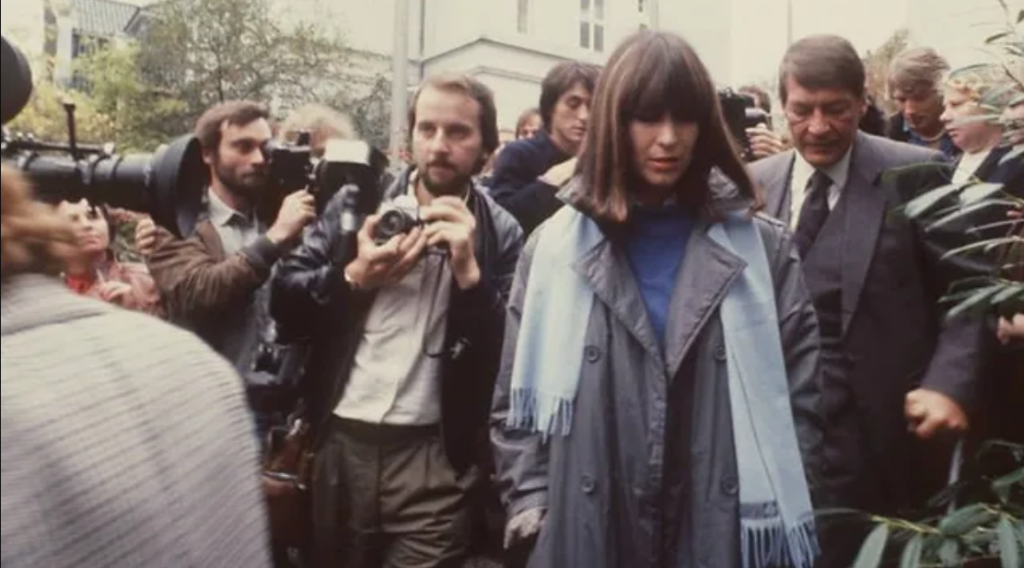
Her case also sparked discussions about the treatment of victims’ families within the justice system. It highlighted the need for more efficient trials, greater sensitivity toward grieving families, and stronger measures to protect children from predators.
Conclusion
The tragic case of Marianne Bachmeier is a story of love, loss, and the desperate lengths to which a mother will go to protect her child’s memory. It forces us to confront difficult questions about morality, justice, and the limits of human endurance.
Marianne’s actions may never be fully understood or justified, but they continue to spark important conversations about the flaws in our legal systems and the profound impact of crime on victims’ families. Her story is a powerful reminder of the need for compassion, justice, and the unwavering strength of a mother’s love.
